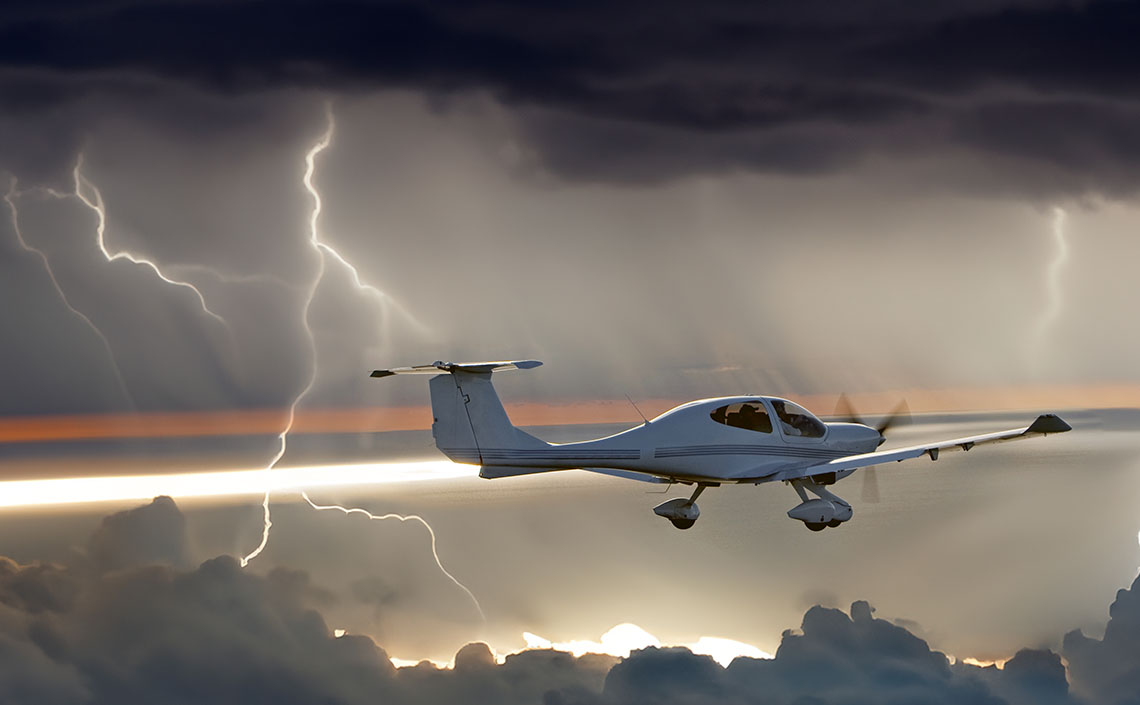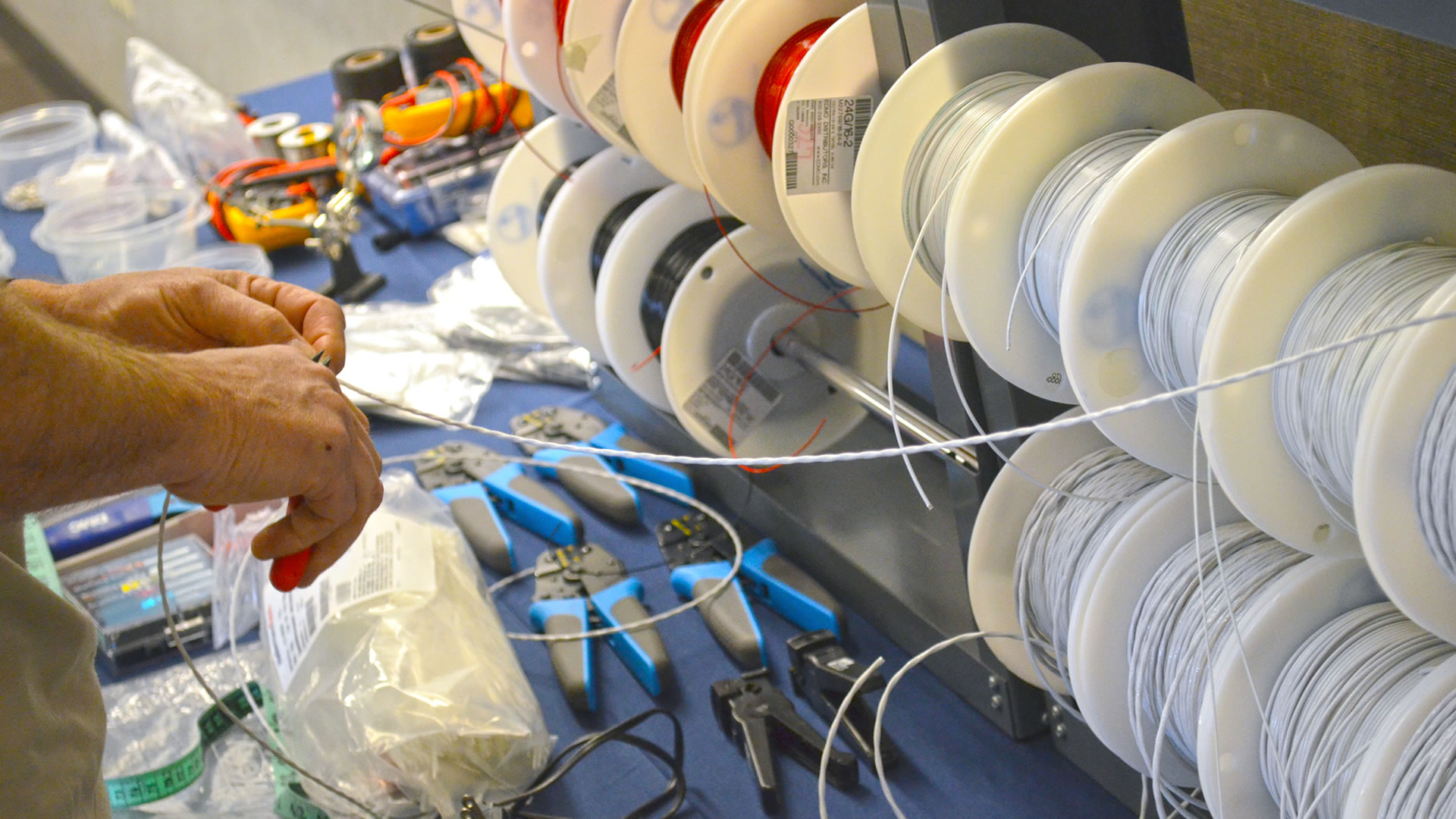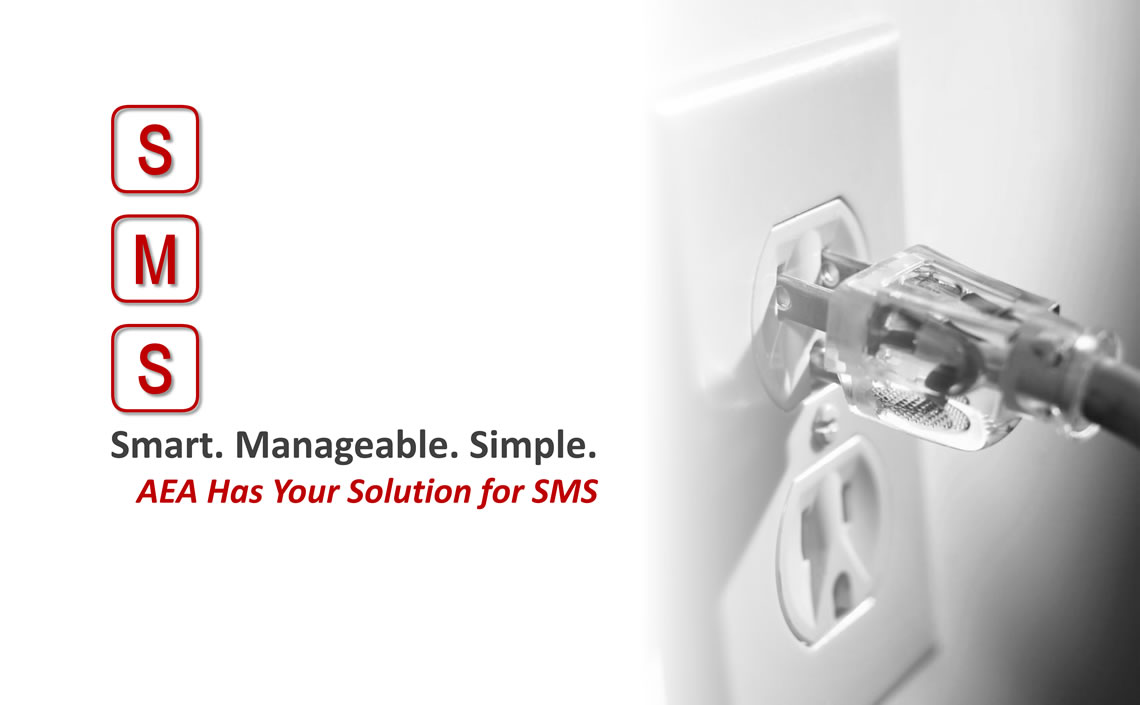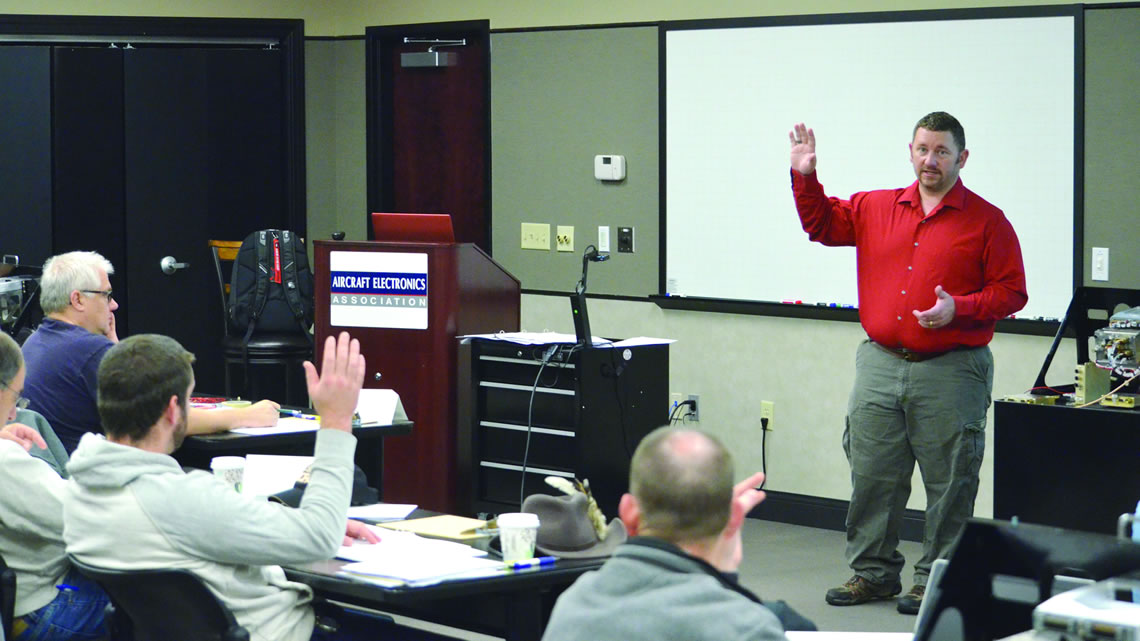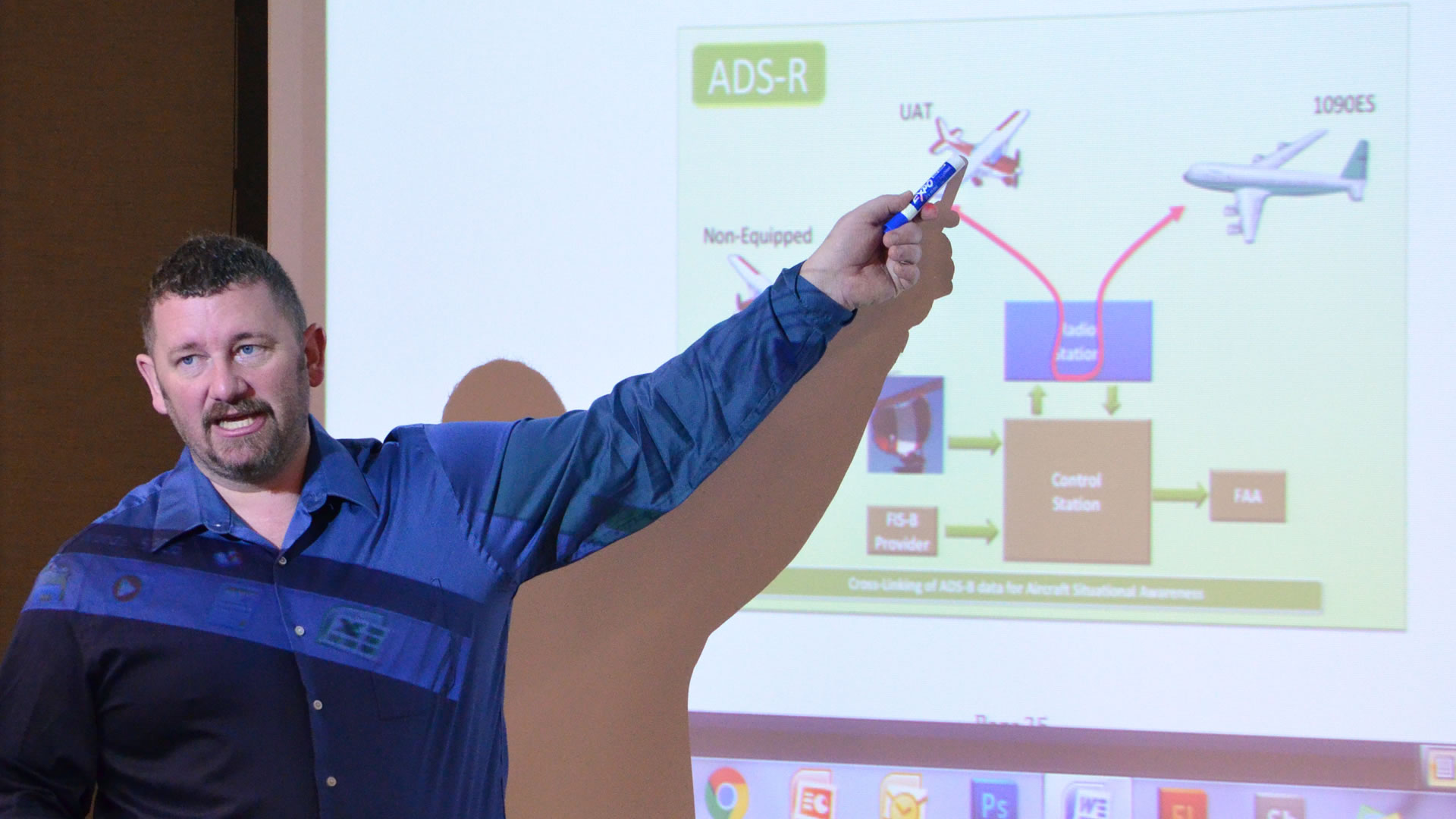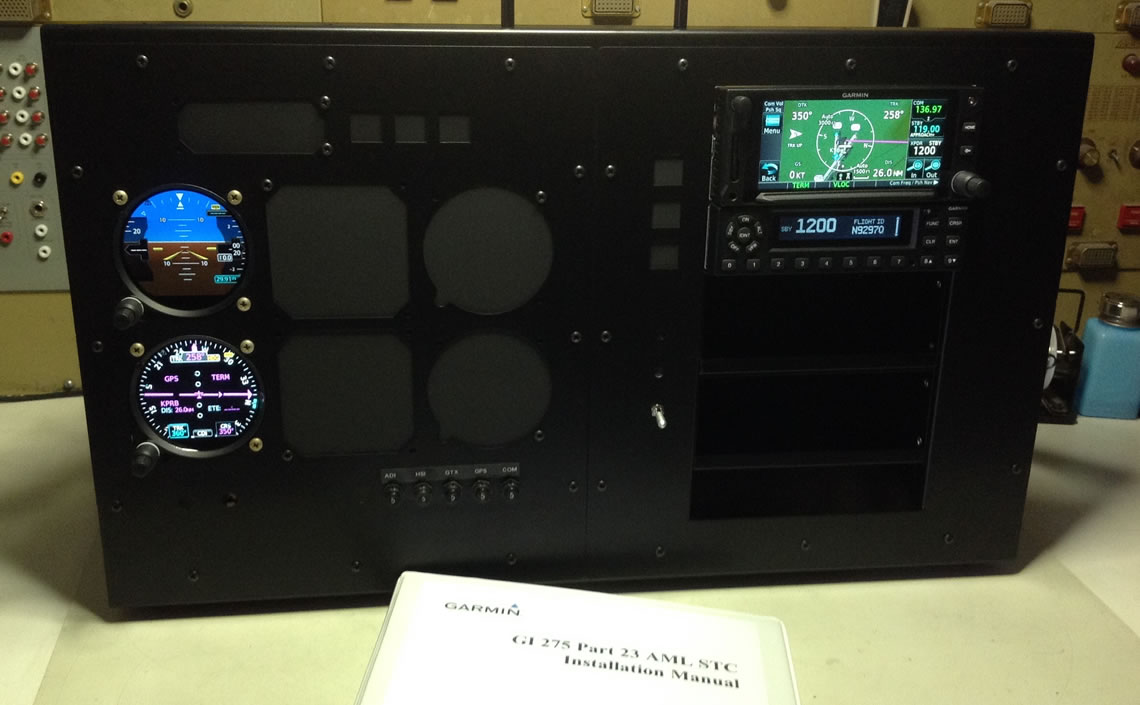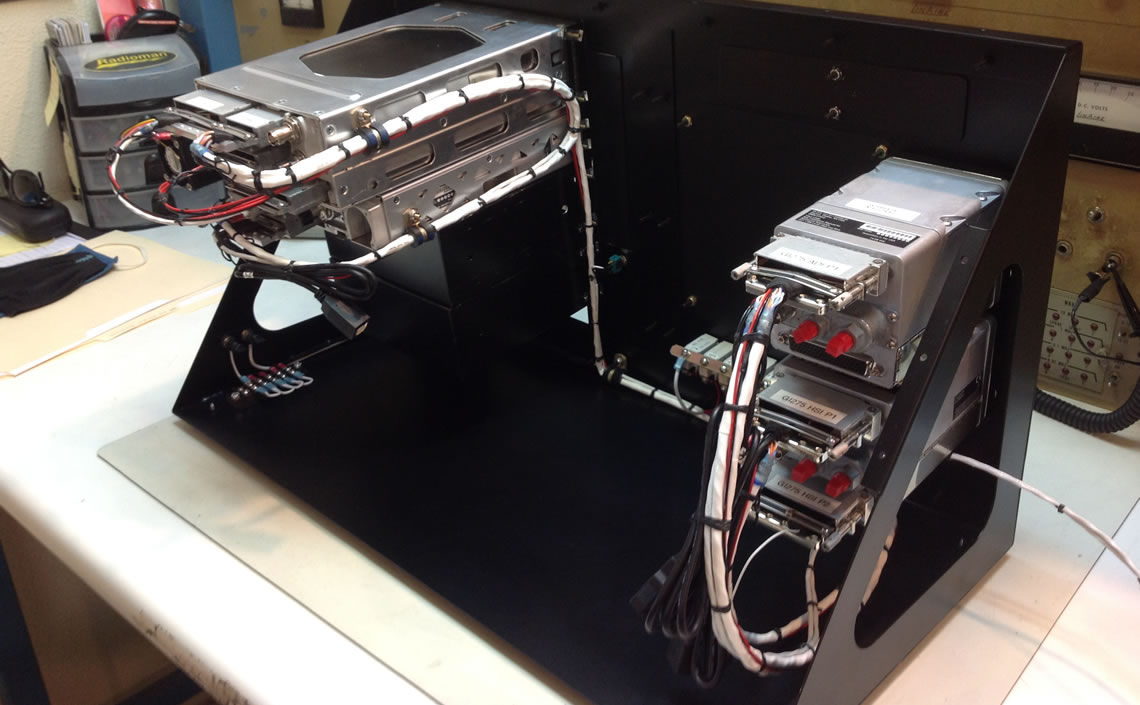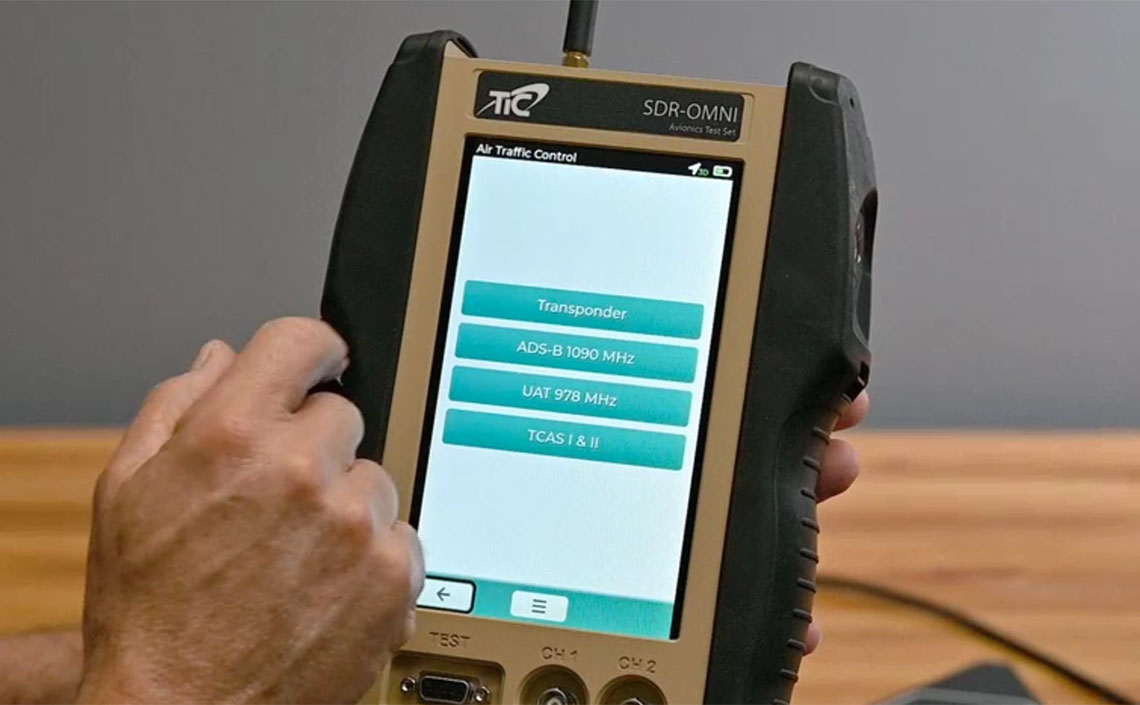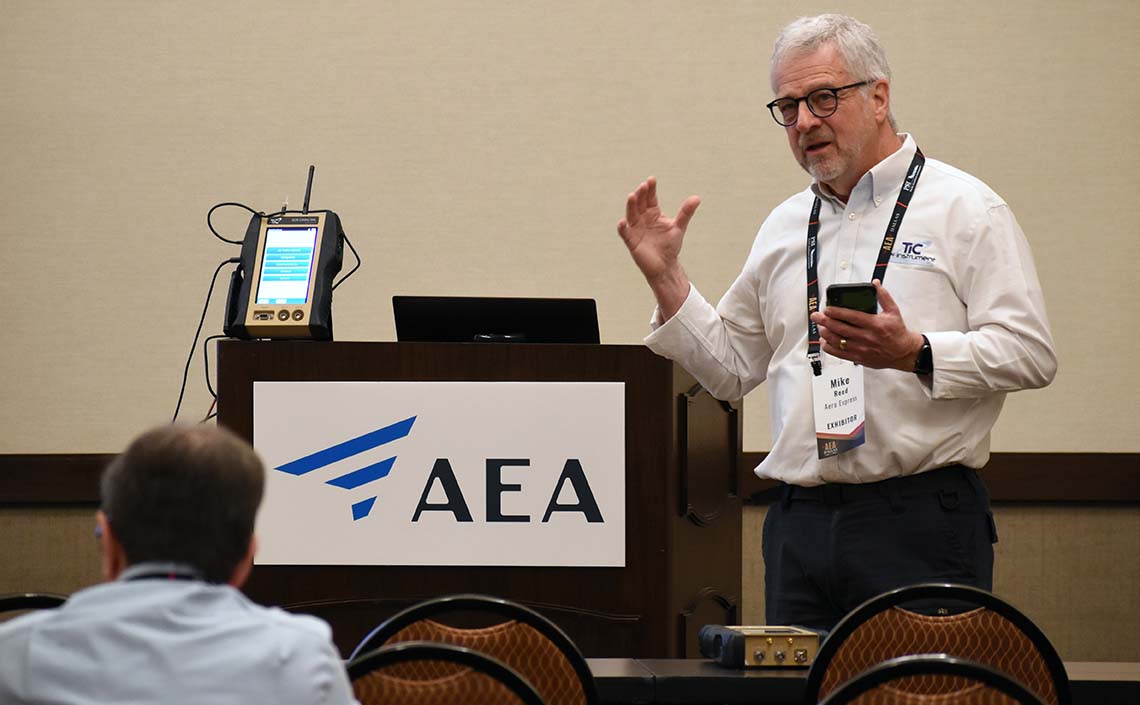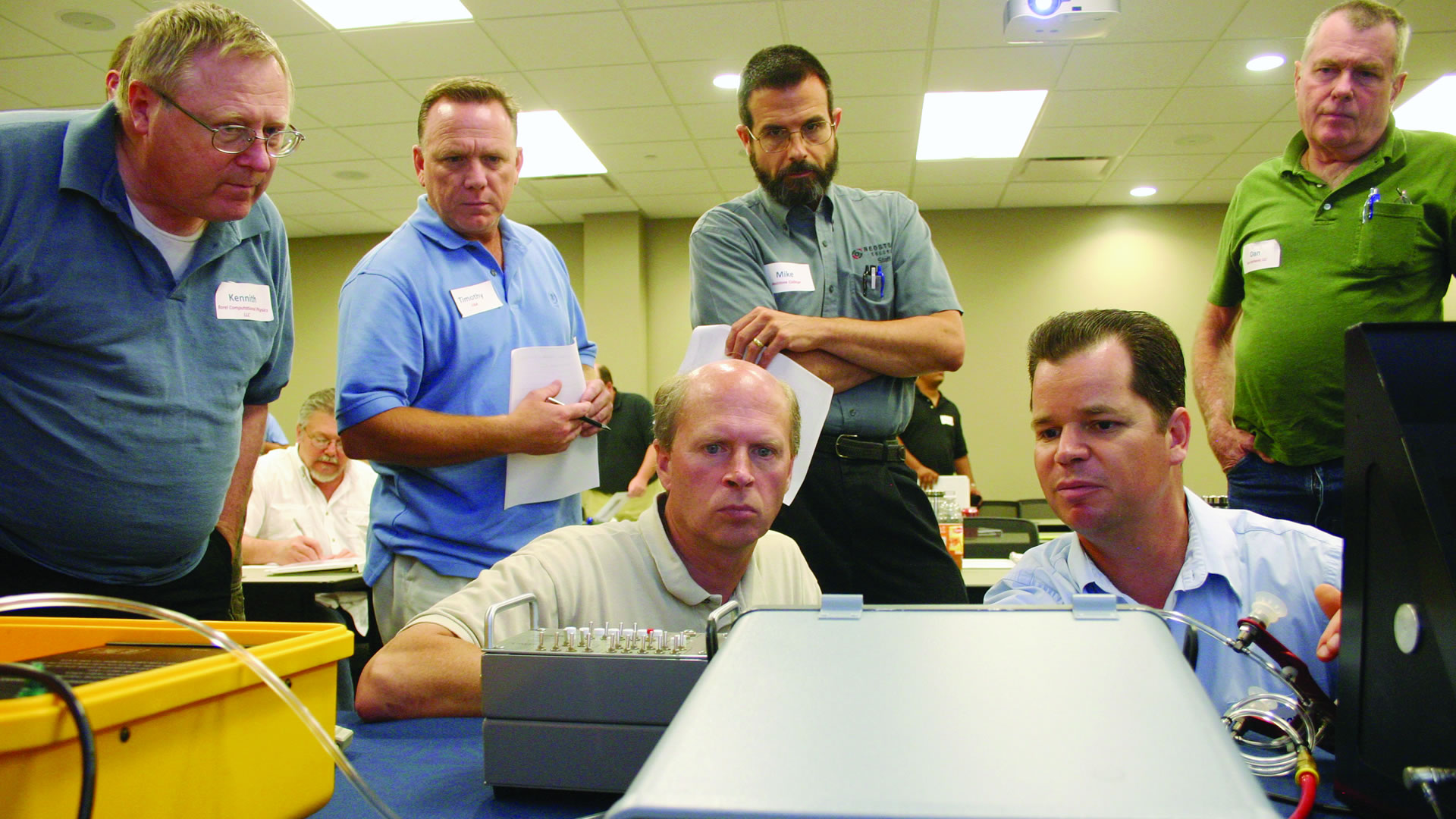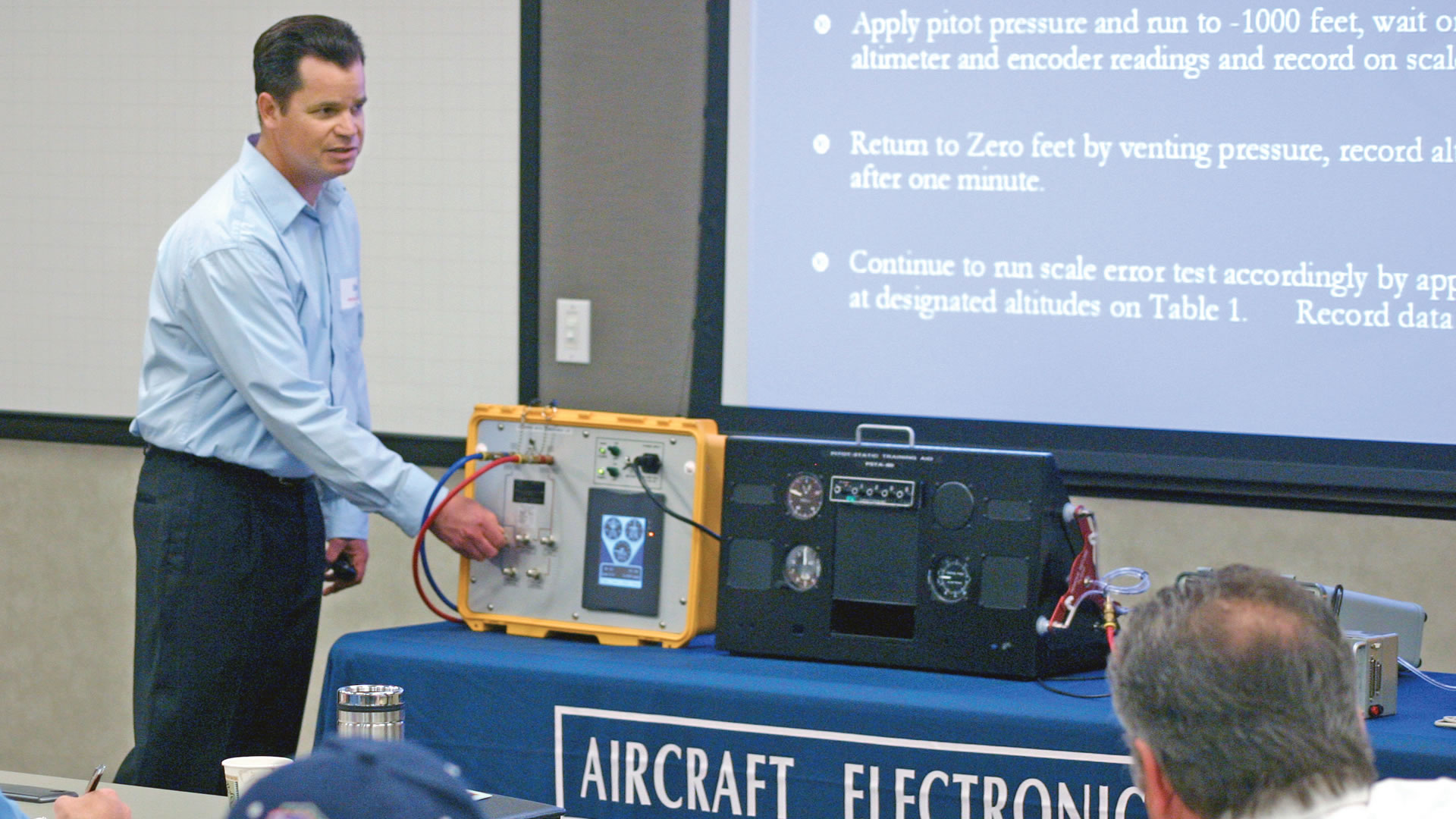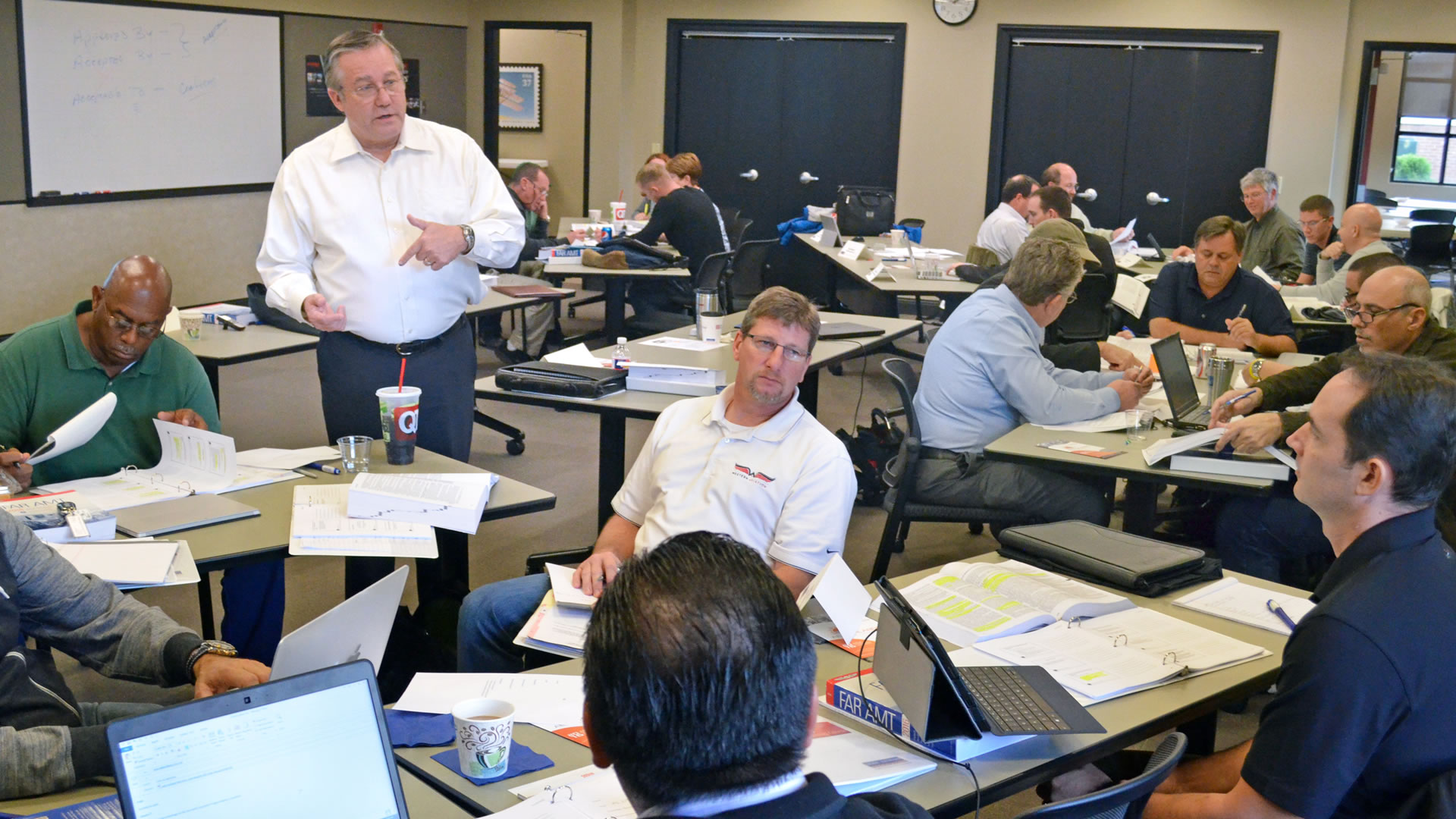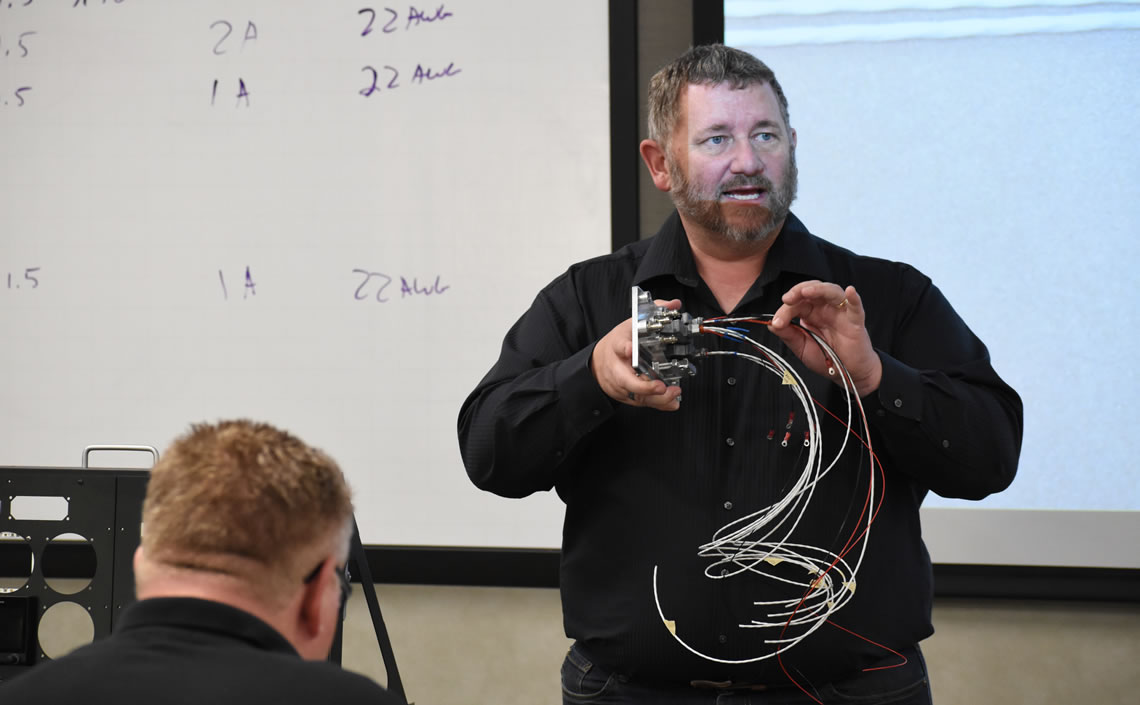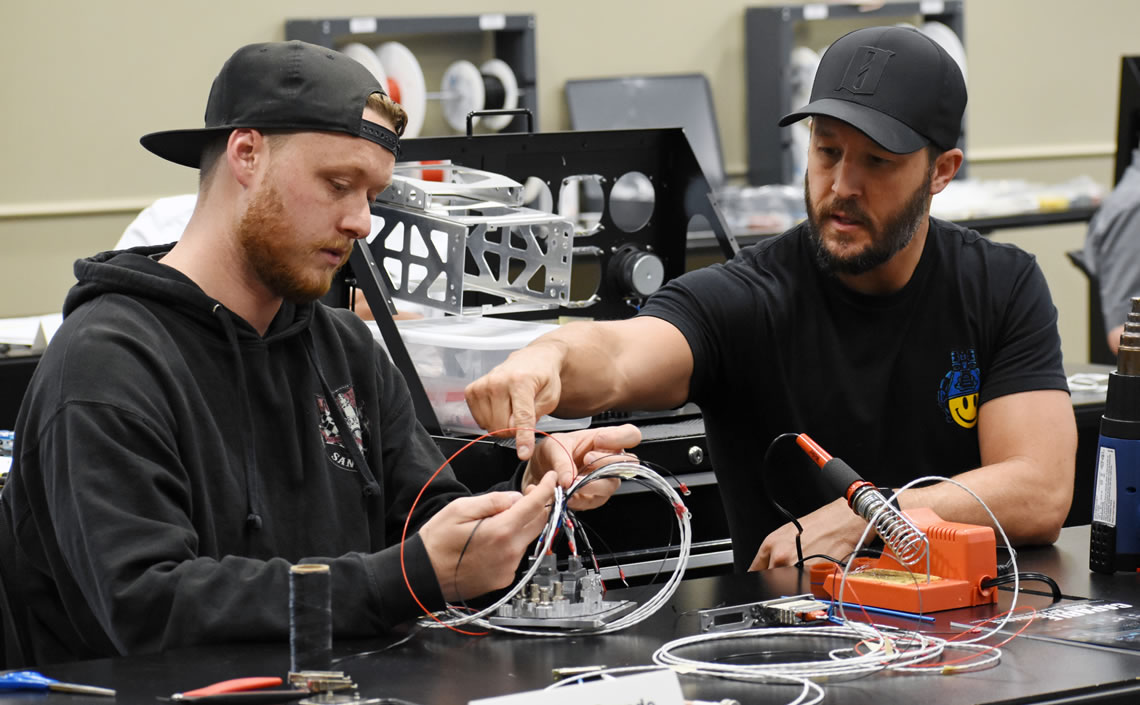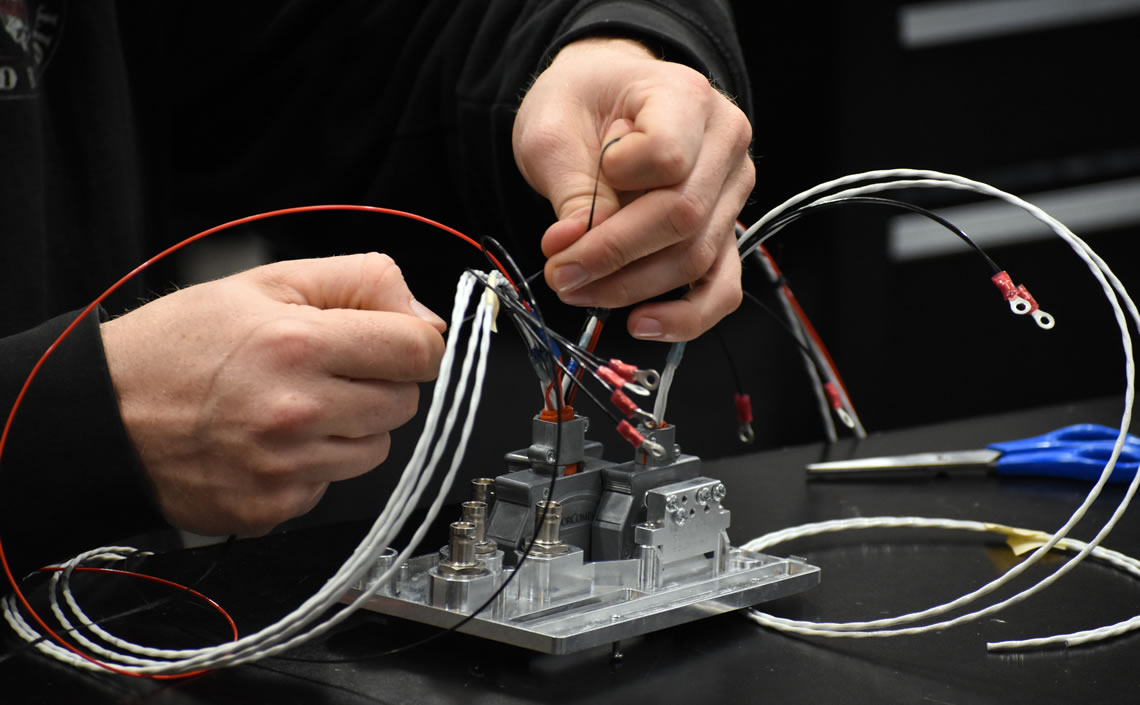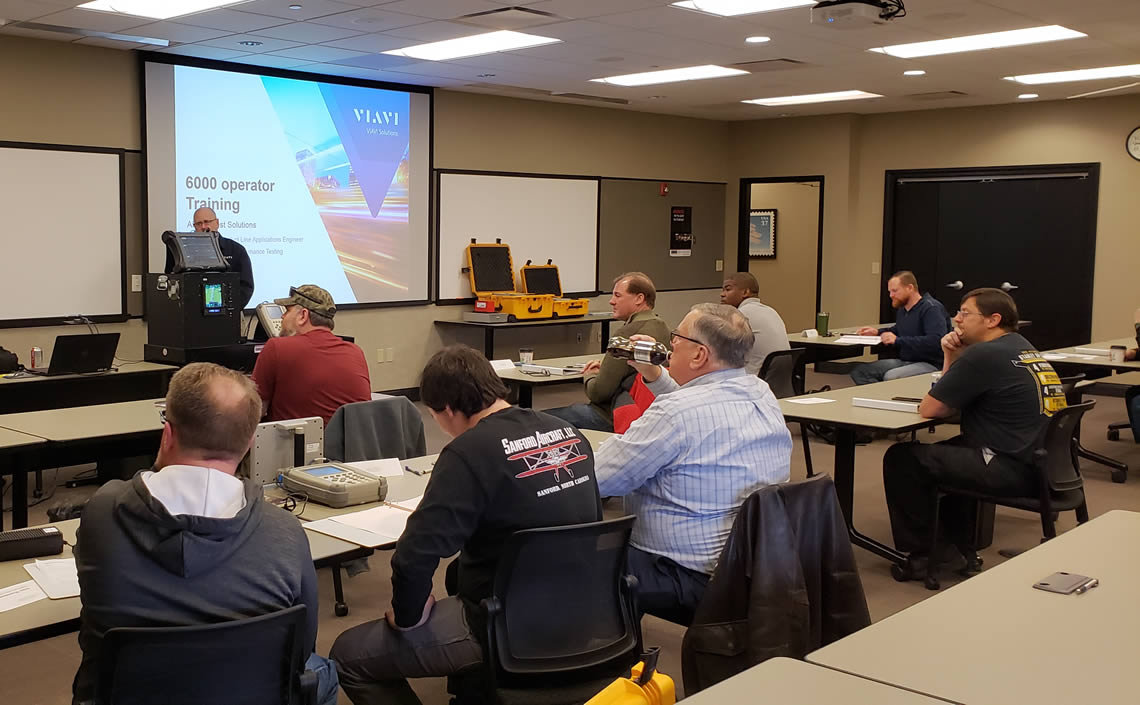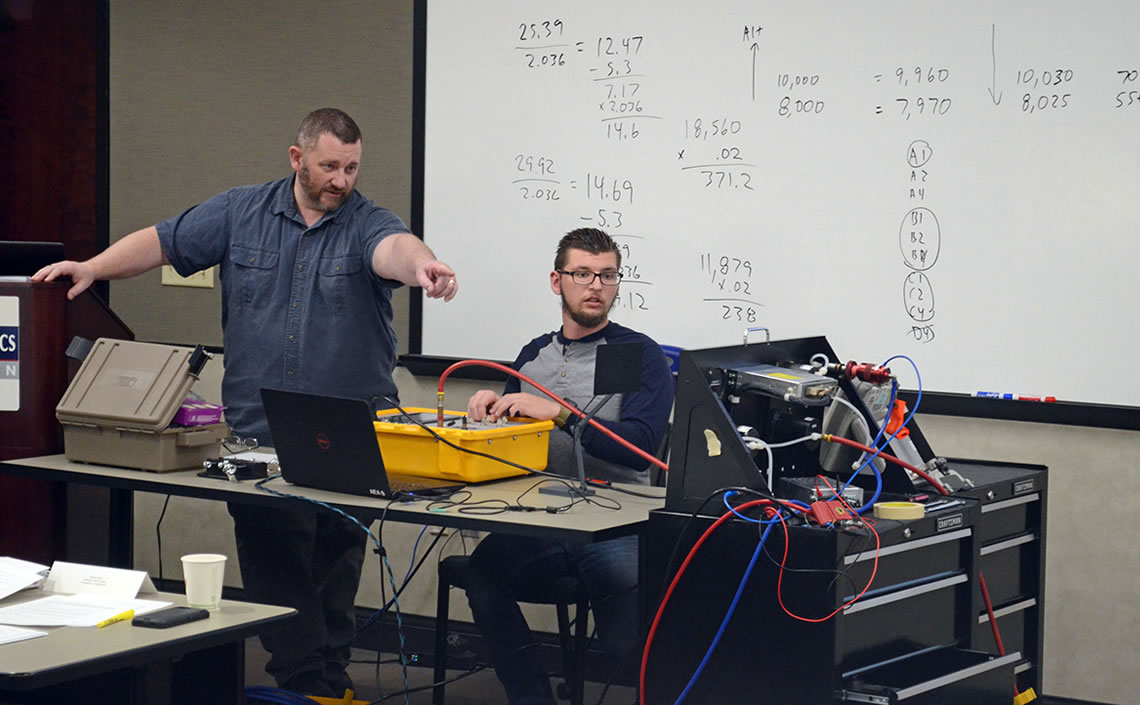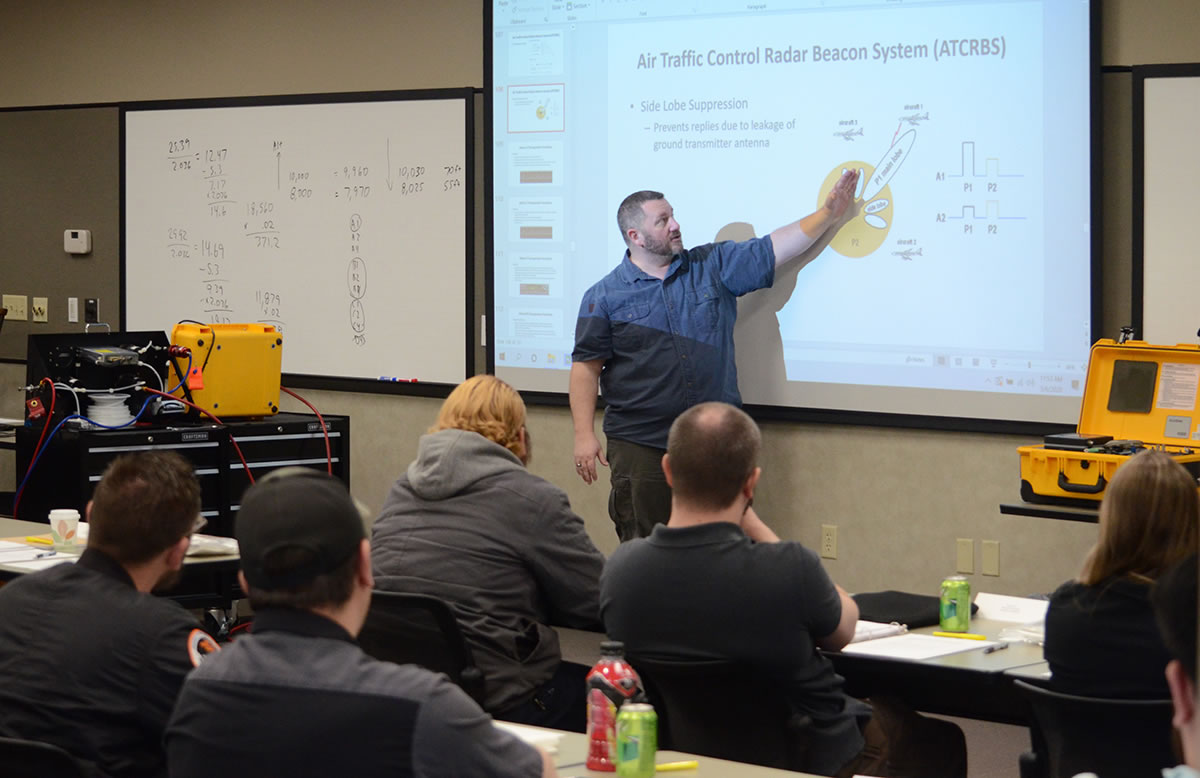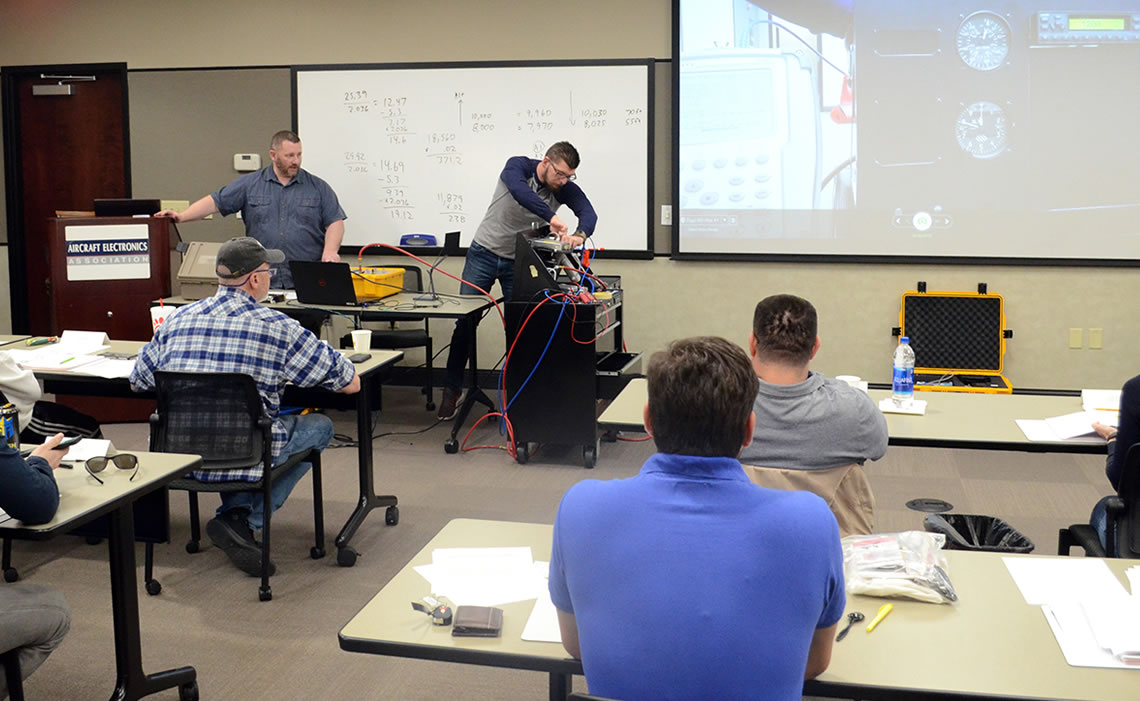This course is designed to equip professionals with essential insights into RTCA DO-160, a cornerstone standard dictating test criteria and methodologies crucial for ensuring the operational integrity of systems and equipment within the aircraft environment.
Presented by: Travis Dahna - System and Equipment – Electrical DER/UM - ODA administrator - Instructor for the University of Kansas
Who Should Attend:
Individuals involved in system, avionic or electric design of aircraft, aircraft systems and TSO articles. Whether for type certificate approvals, STC approvals or TSO authorization, this course will provide the necessary background to better understand the system and equipment environmental requirements essential to the fundamental compliance demonstration to show that a system or equipment will function as intended in the exposed environment.
Course Objective:
From temperature and altitude variations to considerations of EMI and lightning impacts, DO-160 encompasses a broad spectrum of testing parameters. Understanding the underlying purpose of these tests and their alignment with design regulations outlined in Part 23/25/27/29 is indispensable for systems engineers.
Throughout this course, attendees will gain a comprehensive understanding of DO-160, including:
- Insights into setting up testing protocols
- Detailed examination of its 26 sections
- Fundamental strategies for both preparing for and executing these tests effectively.
Join us as we navigate the intricacies of DO-160 qualification, empowering you to meet industry standards with confidence and precision.
Other Upcoming Courses
Avionics Installation for Experimental Aircraft
This course is targeted for the home builder or avionics technician who wants to learn about performing an avionics installation in an experimental aircraft. The class focuses on the Garmin G3X Touch system, and a simplified example harness is constructed as part of the hands-on portion of the class. While the G3X Touch system is the primary focus, the wiring principles and general guidance can be applied to any experimental avionics system. From the do-it-yourselfer to the avionics shop looking to carve out a niche, this class has something for everyone.
Safety Management System Coordinator Training
VIRTUAL-LIVE COURSE
Risk management is a vital element of any successful business. Whether driven by best practices or responding to a regulatory requirement, the AEA has your solution. Leveraged by the 900-strong repair station membership, the AEA developed a proprietary SMS program designed specifically for maintenance organizations. This program is currently used on every continent. The AEA has been coordinating with the Federal Aviation Administration and Transport Canada Civil Aviation, as well as discussions with the Australian government's Civil Aviation Safety Authority and the European Union Aviation Safety Agency, for future acceptance.
Digital Databus Theory & Analysis
VIRTUAL-LIVE COURSE
As today’s modern airplanes become much more technologically advanced, so must the professionals that maintain them. The advanced avionics and instrumentation systems used in these aircraft rely on various forms of digital databus communication. Understanding digital databus theory is becoming more and more important for avionics technicians, and even A&P mechanics, to effectively test and troubleshoot these highly advanced aircraft systems.
Aircraft Instrument Systems
VIRTUAL-LIVE COURSE
This course is designed for avionics technicians or apprentices who want to learn more about aircraft instrument systems and better understand their operation, installation considerations, and maintenance to become more effective troubleshooters. From simple mechanical gauges to complex electrical and electronic systems, this course covers nearly every instrument system in an aircraft.
Advanced Avionics Installation & Configuration
Technicians will learn how to plan, install, interface, configure and check out an installation of a primary flight display, EHSI and GPS/Nav/Com consisting of dual Garmin GI 275, a Garmin GTN 650 touch screen, and a Garmin GTX 345 transponder. Designed for technicians who have experience with avionics installation practices and are looking for more training integrating common general aviation installations.
FAA Accepted 8 Hours - Course # C-IND-IM-240801-K-022-0006
SDR-OMNI Operations Training
Pitot-Static, Transponder, RVSM, and ADS-B: Testing & Inspection
Attendees will learn the proper methods for conducting pitot-static and transponder tests and inspections. This two-day course offers a regulatory review and an explanation of the proper administrative procedures for completing these critical certifications. Preparing and performing RVSM inspection tasks. ADS-B session covering installation, wiring and return to service review.
FAA Accepted 8 Hours - Course # C-IND-IM-170106-K-010-005
Certified Repair Station Training
This weeklong course provides an interactive environment to learn, understand and implement the regulations that govern repair station design and operations.
FAA Accepted 5 Hours - Course # C-IND-IM-180621-K-010-001
Basic Wiring & Avionics Installation
The Basic Wiring & Avionics Installation course is designed for certificated repairmen, new avionics technicians, aviation maintenance technicians and recent graduates interested in improving or acquiring the skills necessary to perform avionics installations. This three-day seminar employs in-depth theory and hands-on lab exercises to immerse the attendee in the best practices used to plan, manage, and install a general aviation avionics panel. Installation lab includes: Avidyne IFD540 FMS/GPS Navigator, Garmin G5 Electronic Flight Instrument & GAD 29 ARINC 429 data bus module, PS Engineering PMA8000BT Audio Panel and Trans-Cal SSD120-35C-RS-232 Altitude Encoder
FAA Accepted 8 Hours - Course # C-IND-IM-161028-K-010-002
AVX-10K & IFR6000/4000 Operations Training
This course is designed to provide maintenance personnel with the knowledge and skills required to operate and configure IFR6000 & IFR4000 to verify and maintain transponder, UAT, TCAS, DME, ILS, VOR, Comms and ELT. Plus a complete review all features and benefits of the AVX-10K Flight Line Test Set with emphasis on testing transponder (Mode S and ADS-B In/Out), UAT, TCAS and DME.
Basic Pitot-Static & Transponder Theory, Testing & Troubleshooting
The Basic Pitot-Static & Transponder course is designed for entry-level avionics technicians or those looking for basic training on pitot-static & aircraft transponder systems. This two-day course covers the history and theory of operation of pitot-static instruments and transponders, as well as system set-up, hands-on testing, and the troubleshooting skills necessary to perform FAR 91.411 and 91.413 checks.
FAA Accepted 8 Hours - Course # C-IND-IM-240718-K-022-0011

